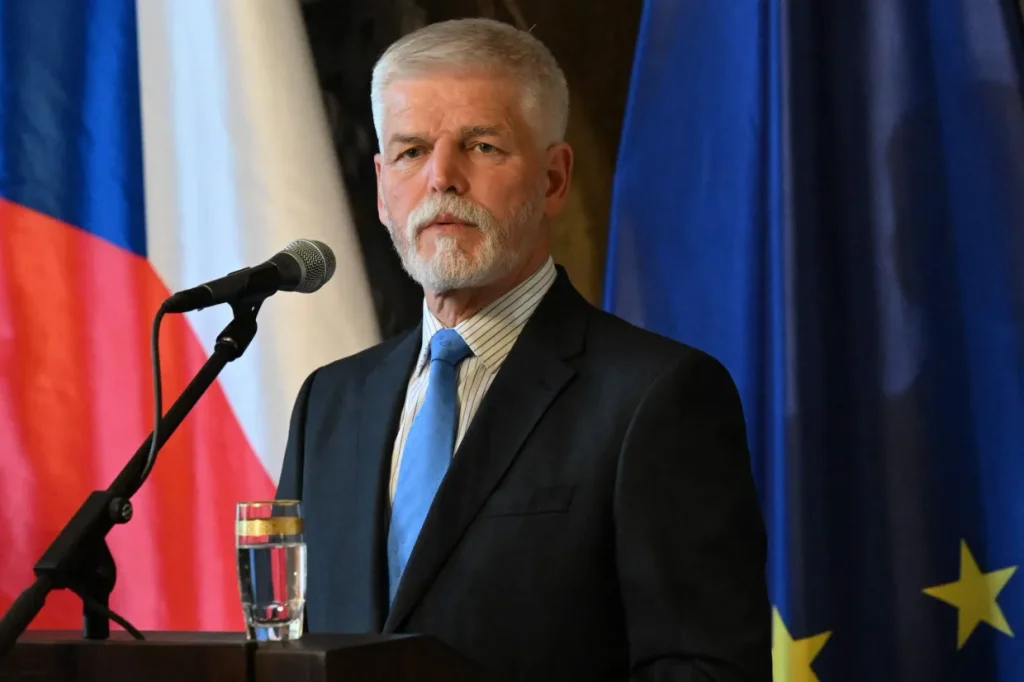The Nord Stream pipelines were the target of explosions in 2022, with suspicions pointing towards Ukraine. Czech President Petr Pavel stated that even if Ukraine was behind the blasts, the pipelines were a legitimate target during the war. The pipelines, Nord Stream 1 and 2, were built to supply natural gas from Russia to Europe. High-ranking Ukrainian military and businesspeople were allegedly involved in planning the operation to blow up the pipelines, as reported by the Wall Street Journal. However, Kyiv has denied any connection to the Nord Stream blasts. German authorities issued an arrest warrant for a Ukrainian national suspected to be involved in the explosions, although the suspect has gone into hiding.
The suspect identified as Volodymyr Z. is a diving instructor and is believed to have caused an explosion and anti-constitutional sabotage. Two other suspects, also Ukrainian citizens, were mentioned in the media investigation but with no evidence linking them to the Ukrainian government. The German Federal Prosecutor’s Office declined to comment on the situation. With the Nord Stream making headlines again, former Polish Prime Minister Donald Tusk has advised the patrons of the pipeline to apologize and stay quiet. Poland has faced scrutiny in recent days, with experts suggesting that the act of sabotage could not have been carried out without Warsaw’s support.
The Czech president, Petr Pavel, emphasized that cutting off gas and oil supplies to Europe and preventing Russia from profiting were legitimate reasons to target the Nord Stream pipelines during the war. While the explosions caused complications, Pavel believes that Europe had other alternatives for energy security at the time. The arrest warrant for the Ukrainian suspect and the ongoing investigations have brought attention to the potential involvement of Ukraine in the pipeline explosions. The media investigation revealed the suspect’s full name as Volodymyr Zhuravlov, who denied any involvement when reached out to by journalists.
The news of the explosions at the Nord Stream pipelines has raised questions about the energy security of Europe and the role of different countries in such acts of sabotage. Speculations about Ukrainian involvement and the response from various governments have added complexity to the situation. The call for apologies and silence from former leaders like Donald Tusk reflects the sensitivity and seriousness of the issue. As the investigation continues and more information comes to light, the implications for international relations and security in the region will become clearer. The impact of the Nord Stream blasts on the energy landscape of Europe and the response from governments and authorities will continue to be closely monitored.














